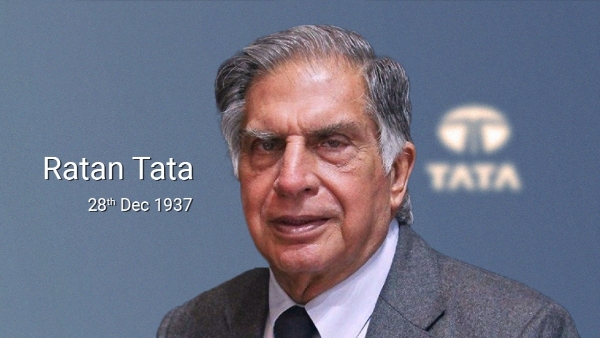Jawaharlal Nehru Biography:
Jawaharlal Nehru, affectionately known as “Chacha Nehru” (Uncle Nehru), was a towering figure in India’s history. Born on November 14, 1889, in Allahabad, British India, he became the country’s first Prime Minister after independence in 1947. His leadership shaped India’s political landscape, foreign policy, and economic development in the nascent years of its freedom.
Jawaharlal Nehru Nationality & Age:
Nehru was an Indian national. He lived to the age of 74, passing away on May 27, 1964.
Jawaharlal Nehru Education and Schooling:
Nehru received his early education at home under tutors. Later, he went to England, studying at Harrow School and then graduating from Cambridge University with a degree in natural sciences. He also trained as a barrister at Inner Temple in London.
Jawaharlal Nehru Relationship and Personal Life:
Nehru married Kamala Nehru in 1916. They had one daughter, Indira Gandhi, who later became India’s first female Prime Minister. Sadly, Kamala passed away in 1936. Nehru remained deeply devoted to her memory.
Jawaharlal Nehru Career Beginnings:
After returning to India from England, Nehru joined the Indian National Congress, the leading political movement fighting for independence. He quickly rose through the ranks, becoming a close confidante of Mahatma Gandhi and embracing non-violent resistance as a path to freedom.
Jawaharlal Nehru Career and Contributions:
Nehru’s political career spanned several decades. He actively participated in the Indian independence movement, leading crucial campaigns like the Salt Satyagraha. He became President of the Indian National Congress in 1929 and played a pivotal role in negotiating India’s independence with the British.
Upon independence in 1947, Nehru became India’s first Prime Minister. He served for 17 years, laying the foundation for a democratic, secular, and socialist India. He championed Five-Year Plans to boost industrialization and infrastructure development, focusing on self-reliance and modernization.
Jawaharlal Nehru Achievements and Awards:
Nehru’s achievements are numerous. He led India to independence and steered its early years as a free nation. He advocated for non-alignment in international relations, promoting peace and cooperation amidst Cold War tensions. He established key institutions like the Indian Institutes of Technology and focused on scientific development.
While Nehru did not receive personal awards, he is recognized as one of the most influential leaders in Indian history. He is deeply respected for his dedication to democracy, secularism, and social justice.
Jawaharlal Nehru Conclusion and Legacy:
Jawaharlal Nehru’s life and legacy are intertwined with the story of modern India. He led the nation from colonial rule to independence, shaping its political landscape and social fabric. His vision for a democratic, secular, and progressive India continues to inspire generations.
Though not without its complexities and critiques, Nehru’s leadership laid the foundation for India’s growth and development. He remains a revered figure, remembered for his dedication to freedom, unity, and progress.



